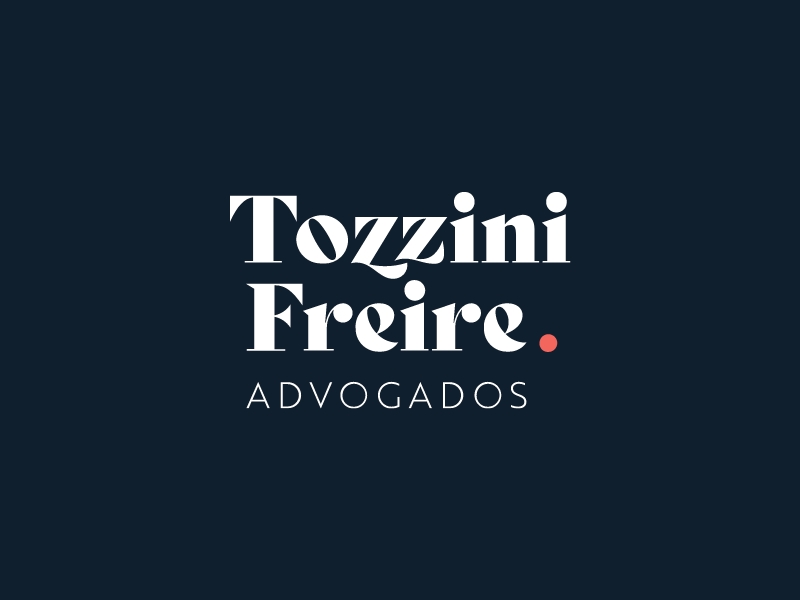States and the Federal District kickstarted the first challenge to the changes promoted by Federal Law No. 14,790/2023 (Sports Betting Law), sanctioned on December 29th, and to Law No. 13,756/2018, which introduced the fixed-odds betting lottery modality.
One of the new provisions inserted in Law No. 13,756/2018 is article 35-A, which (i) limits the operation of lottery services, by the same legal entity or economic group, to only one concession, in one of the states or Federal District; and (ii) limits the lottery ticket sales and advertising by the states and the Federal District to their territorial limits.
Fixed-odds betting can be related to real sports-themed events (sports betting) or virtual events of online games (igaming) and, as a form of lottery modality, they would also be subject to the limitations outlined in the law.
On May 3rd, the states of São Paulo, Minas Gerais, Piauí, Paraná, Acre, Mato Grosso do Sul, Rio de Janeiro and the Federal District filed before the Federal Supreme Court (STF, in Portuguese) the Direct Action for the Declaration of Unconstitutionality (ADI) No. 7640, to challenge the applicability of paragraphs 2 and 4 of article 35-A of Federal Law No. 13,756/2018, which impose the aforementioned limitations. The plaintiffs also request that a provisional remedy be granted to suspend the effectiveness of these provisions until STF issues a final decision. The ADI was assigned to Justice Luiz Fux to report.
The plaintiffs claim that the provisions of article 35-A of Federal Law No. 13,756/2018:
- are incompatible with the constitutional principles of separation of powers, free enterprise and free competition, in addition to limiting the universe of parties potentially interested in the operation of lottery services in each state or Federal District;
- make it impossible to delegate the lottery service to the private sector and force the states to operate it directly or even delegate the operation to legal entities with less technical, operational and financial capacity;
- may trigger a "race" between the largest and most capable players in the market to guarantee the concession of lottery services in states with larger populations and, consequently, greater revenue projection, harming federative entities that establish their lotteries later; and
- violate free competition by restricting lottery advertising to the territorial limits of the federative entity in which the service is actually provided, since any private individual who has the right to exploit lottery services should be able to do so on equal terms, being able to use existing methods to attract potential users, such as advertising and marketing actions.
Given the relevance of the matter, justice Luiz Fux determined, on Monday (13), that the National Congress, the Presidency of Brazil, the General Counsel for the Federal Government, and the Federal Attorney General be notified to provide clarifications on the matter. The adoption of the simplified trial procedure was also determined by Justice Fux, as outlined in article 12 of Federal Law No. 9,868/1999 (ADI Law). Now, the case will be directly submitted to the en banc Federal Supreme Court after the statement of the notified authorities. In this case, the preliminary injunction will not be analyzed, and the merits of the action will be judged directly.
With the filing of the ADI, it is possible for interested and qualified third parties to join the suit as amicus curie, and to do so, they must prove to the Supreme Court that they represent a group of people or sector directly interested in the subject and that they can actually contribute to the discussion of the matter.
In any case, either due to the adaptation or non-resignation of the states regarding the provisions added to Federal Law No. 13,756/2018, the bidders have not inserted, in their recent bid notices for the accreditation or concession of lottery services, any limitations to the participation of companies that already operate in other states.


